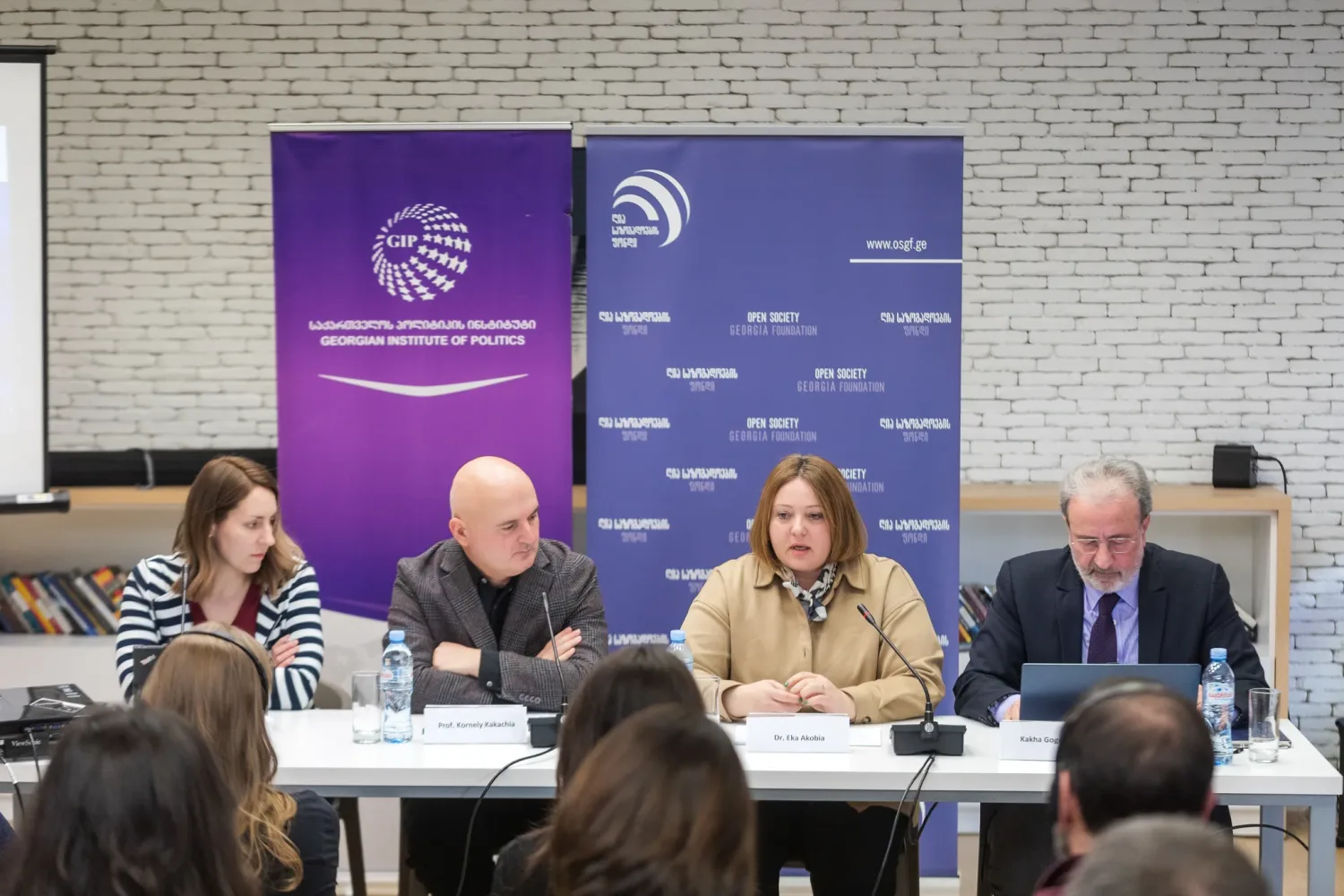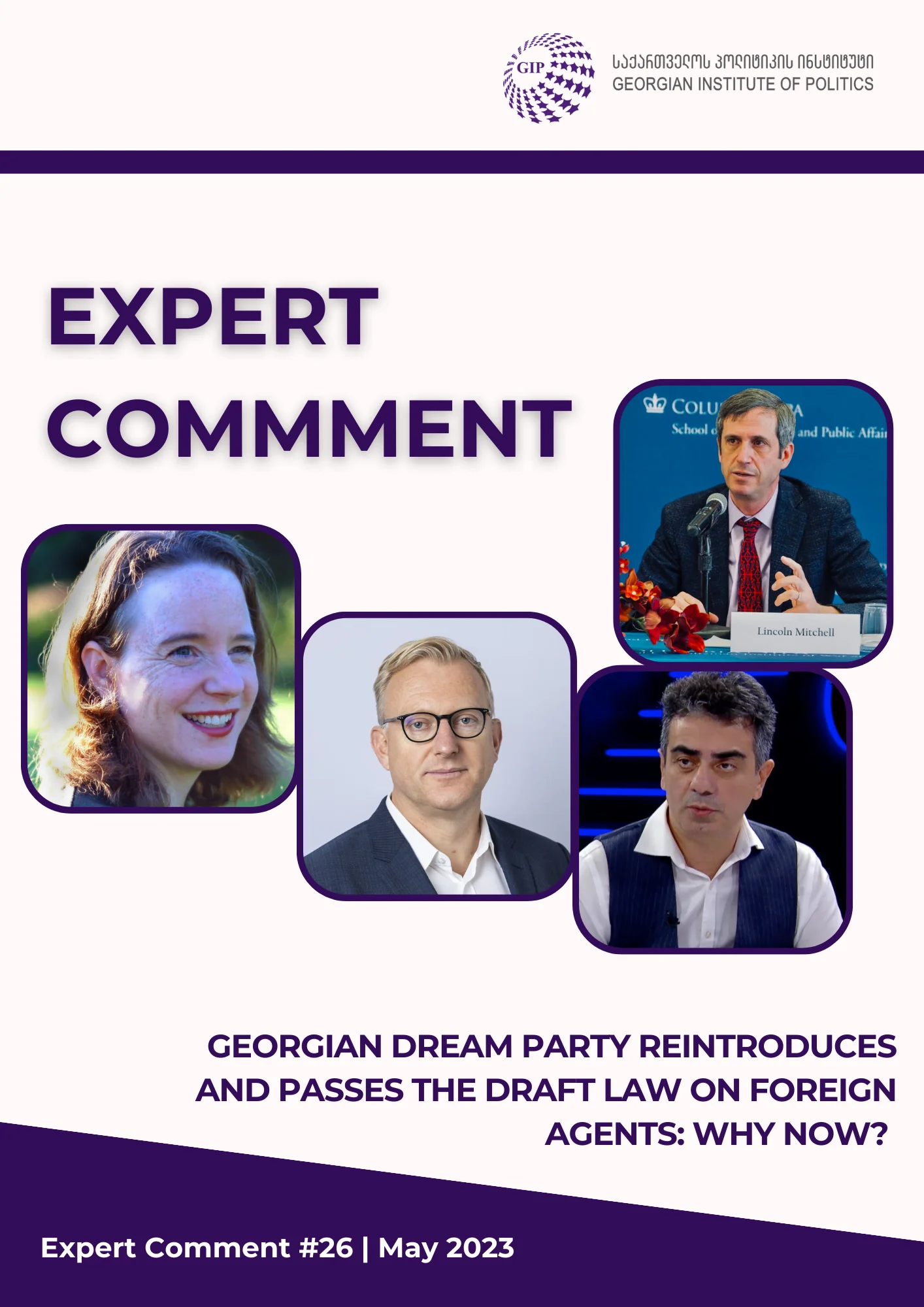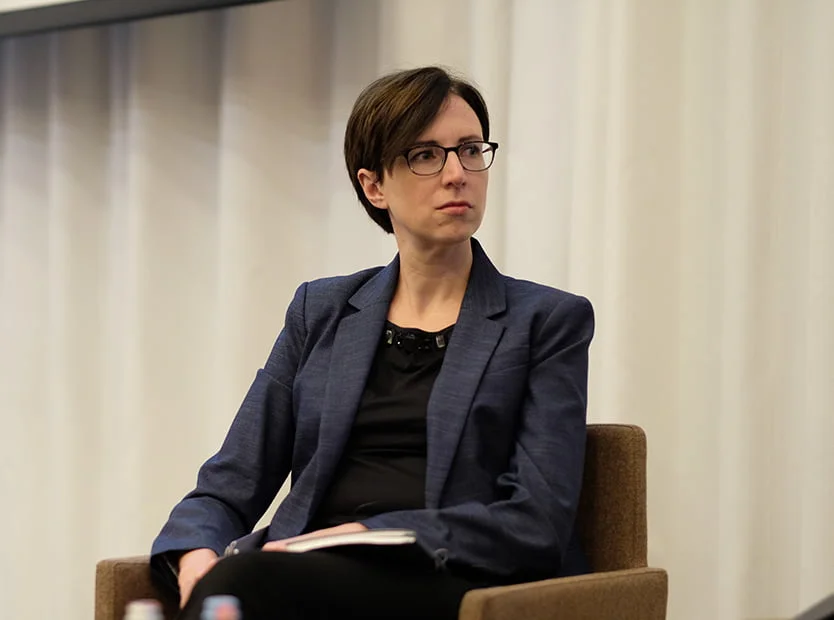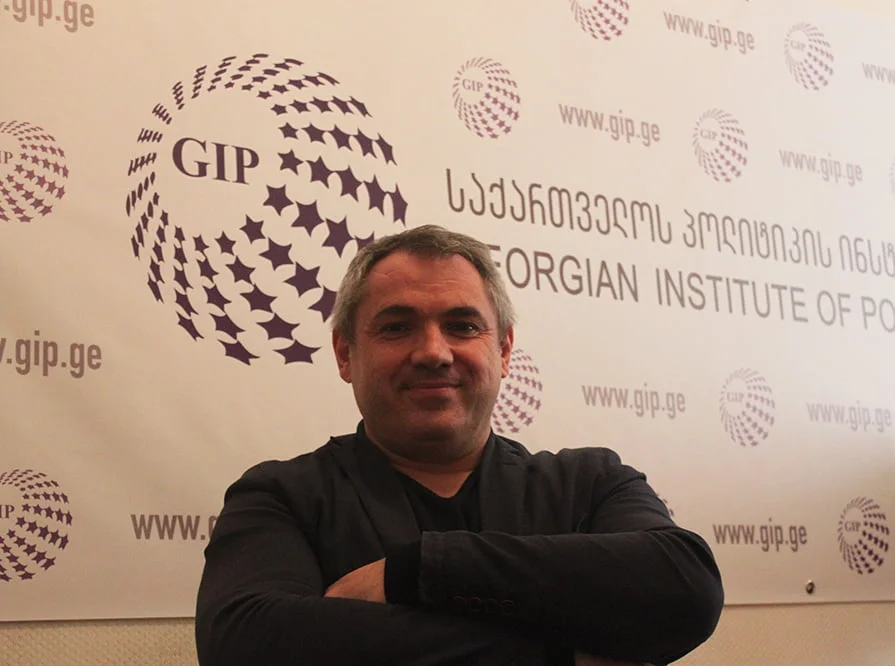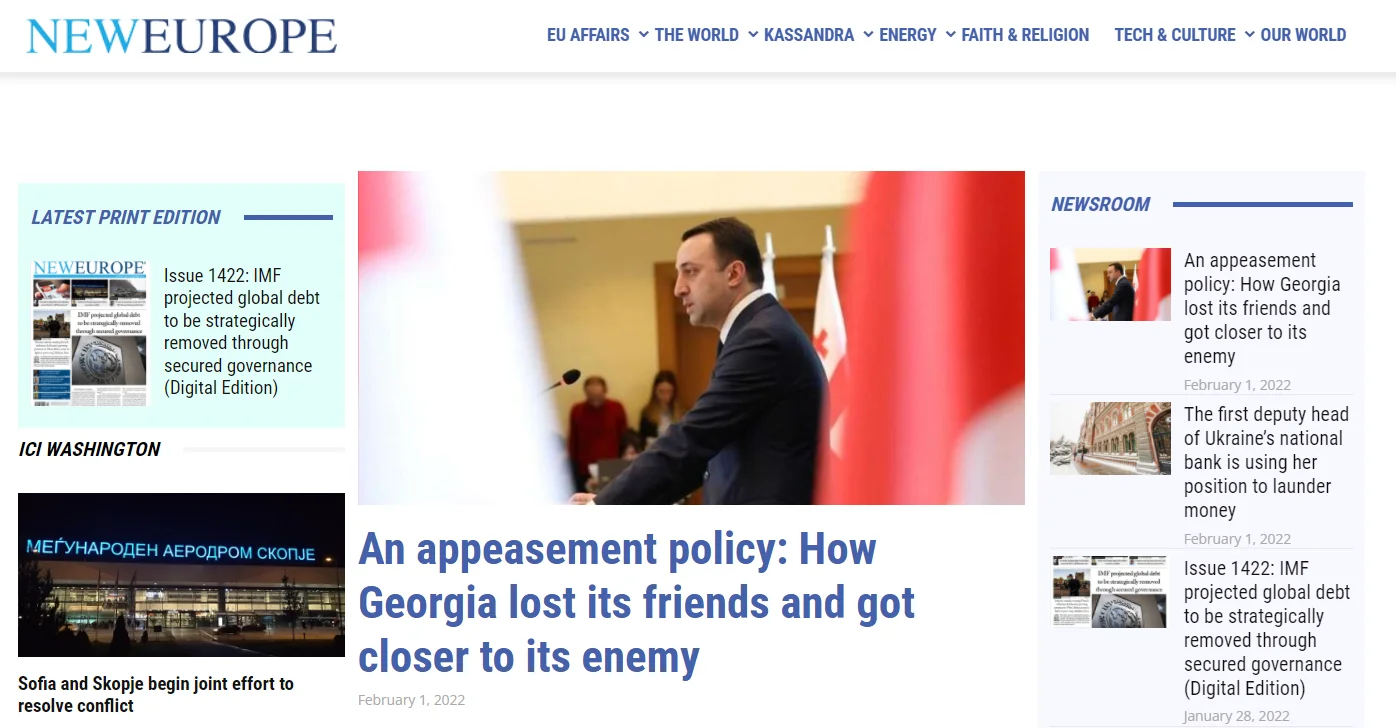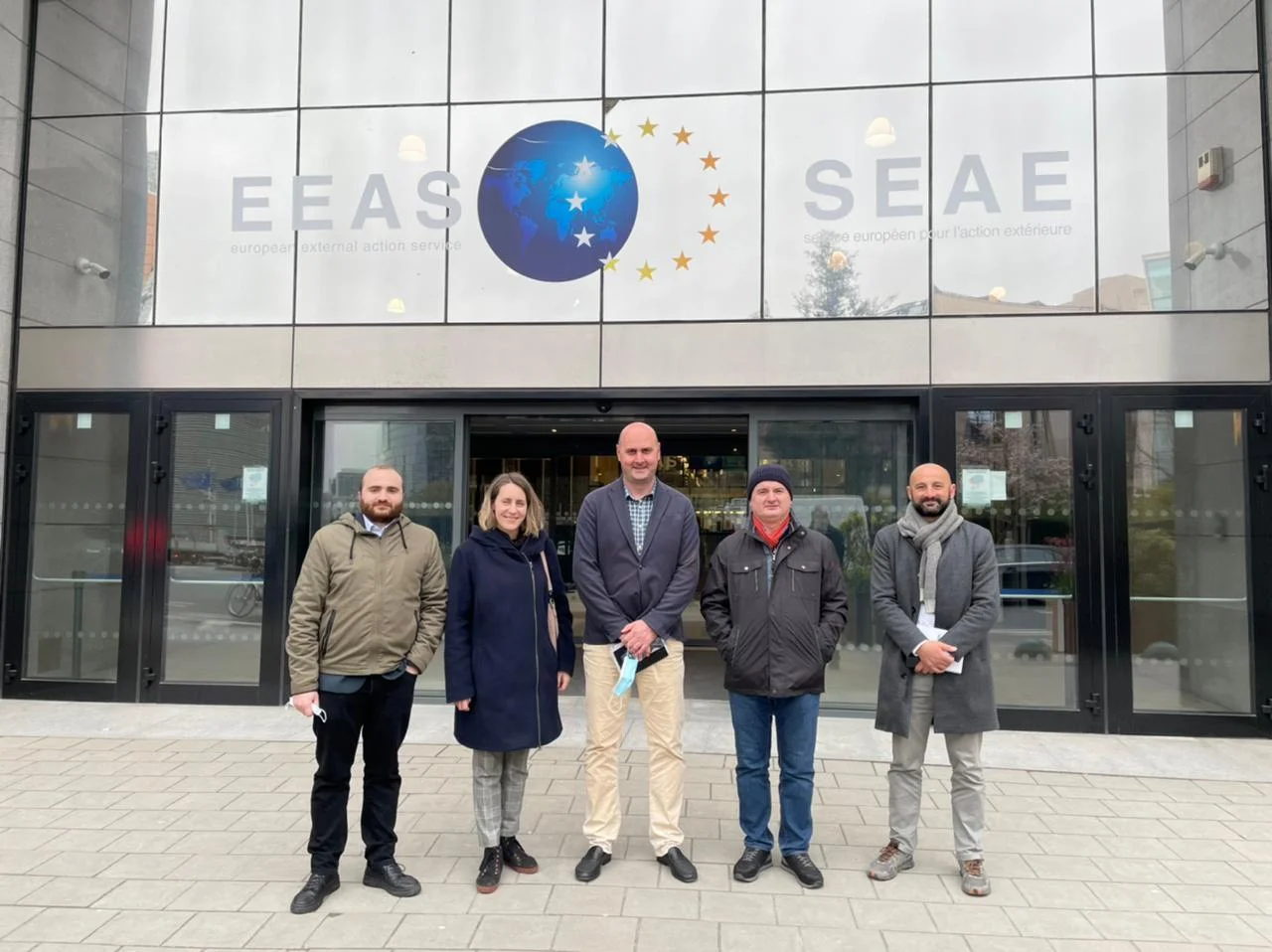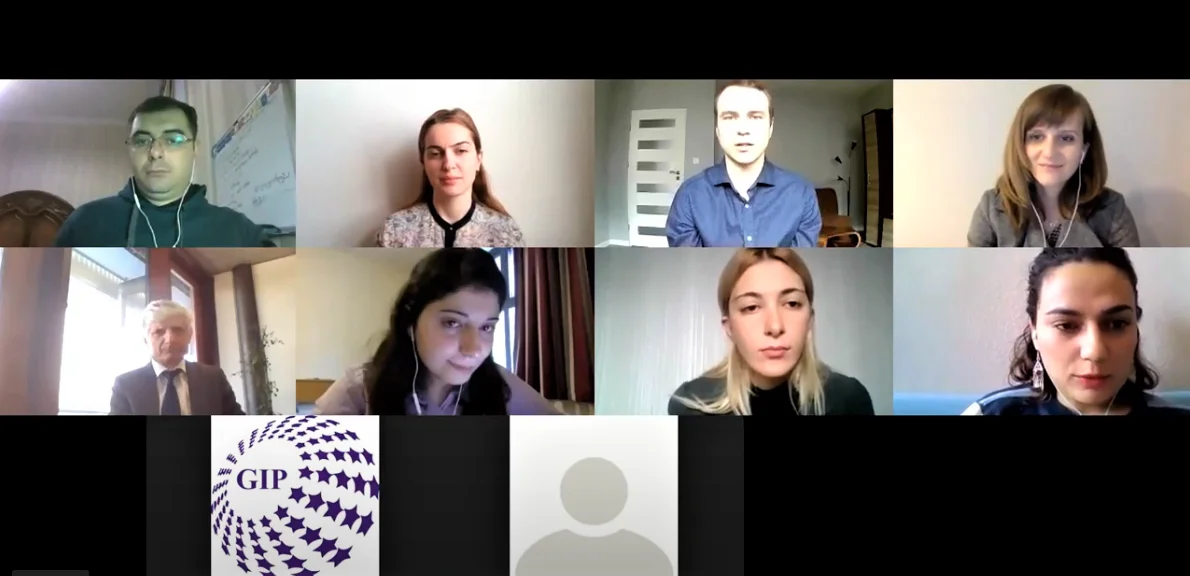In a decisive moment for the Eastern Partnership, the EU Council’s deliberations granting EU candidate status to Georgia on December 14 have shaped the trajectory of the country’s EU integration. Over the past two years, momentum built, underscored by the EU’s proposal of candidate status to Ukraine and Moldova in June 2022. However, this positive step came with significant conditions – nine benchmarks that Georgia needed to meet for its candidacy status to progress to accession talks.
The positive recommendation of the EC has helped soothe some of the political disagreements, and there was a very high expectation from the Georgian society. At the same time, 2024 will be an election year both in Georgia and the EU, which would make it harder to promote any reforms requiring consensus. The wider context of opening negotiations with Ukraine and Moldova, and internal EU coordination also play a role at the Council and beyond.
The briefing entitled Assessing the EU Council Results: Expectations and Next Steps, organized by GIP on December 18, 2023, dissected the outcomes of the EU Council meeting. Dr. Kornely Kakachia, Director of the Georgian Institute of Politics, opened the session with introductory remarks, setting the stage for an insightful discussion. The agenda featured distinguished speakers, including Dirk Shuebel, EEAS Special Representative for the Eastern Partnership, who provided a perspective from Brussels. Kakha Gogolashvili from GFSIS and Dr. Eka Akobia from Caucasus University reflected on the Council results and delineated the next steps from the vantage point of Tbilisi.
The discussion, moderated by Renata Skardziute-Kereselidze and Dr. Kornely Kakachia, delved into critical questions on interpreting conditionality, understanding the EU’s expectations for Georgia in the short to medium term, evaluating the impact of candidacy status on the Trio format, and charting the next steps to address the nine recommendations proposed by the EC.
The briefing, a hybrid event that combined online and live participation, brought together Georgian civil society, the expert community, and media. This forum provided the first reflection of the Council results, offering insights into the intricate dynamics shaping the future of EU integration in the Eastern Partnership.
The event was organized under the framework of the project “Strengthening Georgia’s Alignment with the EU Foreign and Security Policy” financially supported by the Open Society Georgia Foundation (OSGF).
Photo gallery 👇


